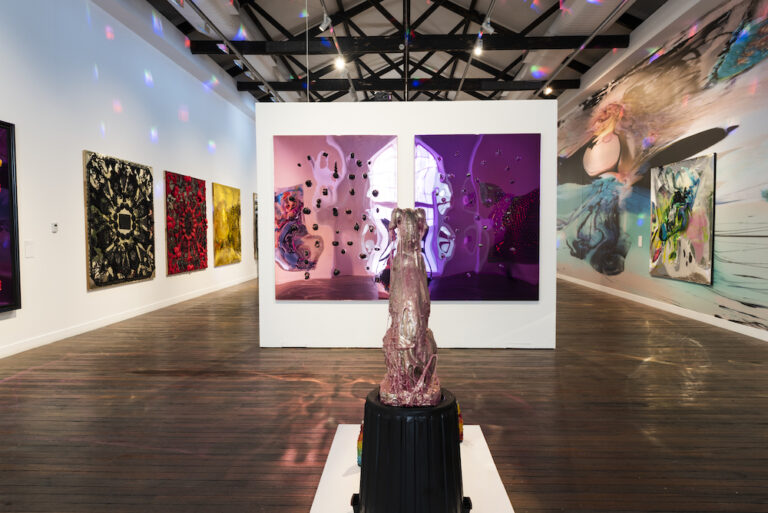
Asylum seekers in the spotlight
The issues of asylum seekers, refugees and ‘people-smugglers’ have always been contentious in Australian politics but recent debate has turned up the heat and stirred public opinion.
The Federal Opposition leader Tony Abbott spoke to media on Friday, February 17 saying asylum seekers are given thousands of dollars in “welcome packs” upon resettlement, not unlike rolling out a red carpet for new arrivals.
The chief executive officer of the Refugee Council of Australia, Paul Power refuted the statement, saying it was misleading and untrue.
“The simple fact of the matter is that some asylum seekers are being detained in furnished houses, as an alternative to locking up children and their families for months or years in secure detention centres.”
Spokesperson for the Refugee Action Coalition, Ian Rintoul said asylum seekers live in temporary accommodations. “They cannot take anything with them. I have seen the community detention places in Brisbane … They are very basic – no fancy furnishings, no phone, with two single men living in one bedroom.”
“The results of this kind of relentless misinformation campaign can be seen in the opinion polls,” he said. “When opinion polls ask whether Australia should assist people fleeing persecution, you get results around 80 per cent. When questions are asked about assisting boat people that figure can fall to 30 per cent.”
Mr Power said: “We’re talking about people who have fled tragedy and horror who through no fault of their own happened to live in war zones or countries terrorised by the Taliban.”
A spokesperson for the Metro Migrant Resource Centre, Esta Paschalidis-Chalis said: “For us as service providers, the great stories aren’t being told. And it’s disappointing that every little while we have to justify or defend something when we shouldn’t have to.”
SBS commentator Les Murray spoke at the public forum “Smuggled to Freedom” at UTS early last week. The event, hosted by the Refugee Action Coalition and UTS Racism Club, was attended by over 100 people.
During his speech, Mr Murray spoke about his own experience of fleeing from Hungary as a refugee in 1956. “Refugees are defined by the fact they are fleeing something. Using a smuggler is a perfectly normal, rational thing to do,” he said.
Mr Murray referred to the man who helped him as a personal hero, someone he tried to track down decades later by revisiting his home town in Hungary. “People smugglers are not people traffickers, they don’t coerce vulnerable people. They are essential as an instrument of escape,” he said.
One Afghan Hazara refugee, Hadi Hosseini said it was difficult to explain the desperate situation of asylum seekers to those who had no relatable experience.
“It’s like if your house is on fire and you go next door. You don’t have time to call ahead or plan. You just knock on the door.”
He said the situation has become frustrating for those who have been detained long term. “Some of my friends have been waiting for five years to move to another country. They can’t work and they can’t study.”
Ms Paschalidis-Chalis said new arrivals struggle most with acculturation. “Understanding the context and laws and getting to know people outside of their immediate group,” is a challenge for many, she said. “Also, trusting authorities especially when they’ve come from countries with corrupt officials.”
The government’s attempts at setting up off-shore processing in Indonesia, Thailand and Malaysia have yet to be rubber-stamped.
A spokesperson of the Refugee Council, Andrew Williams said the government should abandon this option.
“Both the Government and Opposition must kick their addiction to short-term political fixes and start the hard work of solving the problem at its source – in the Asia region where refugees and asylum seekers lack adequate protection.”
At the forum, Mr Murray said: “There’s an absolutely fruitless debate about off-shore processing. The whole idea is just ridiculous, farcical.”
“Given the contribution that refugees make, we should not demonise them. We should thank them.”









